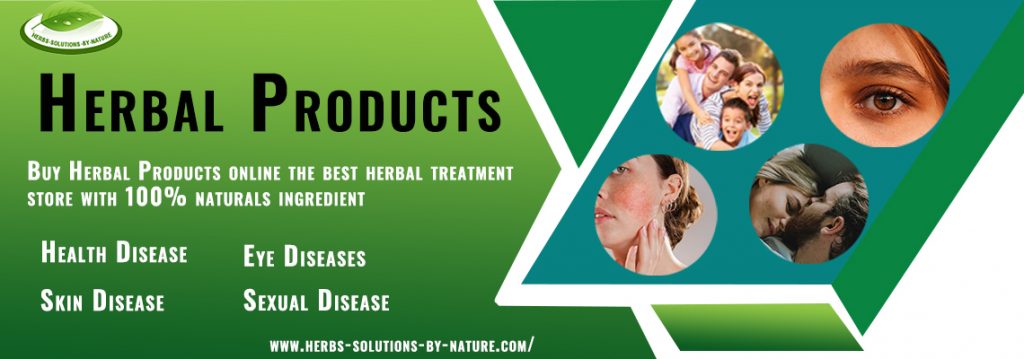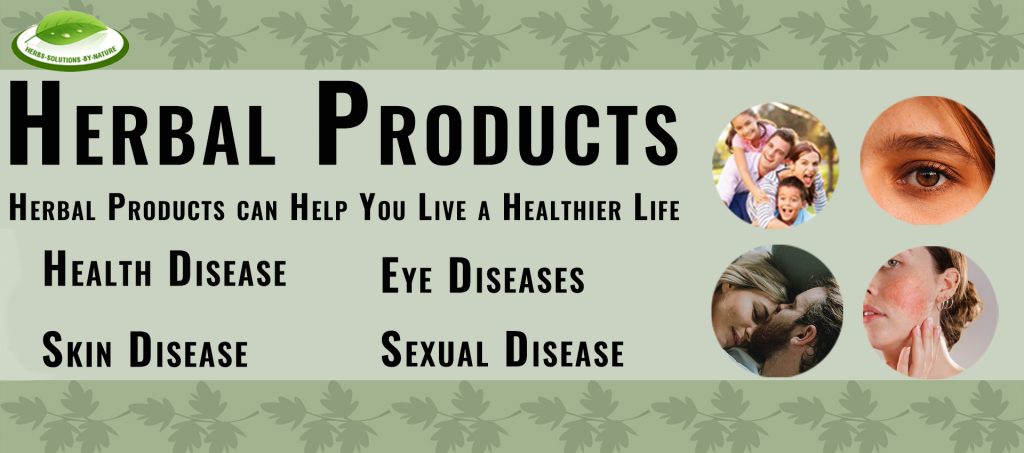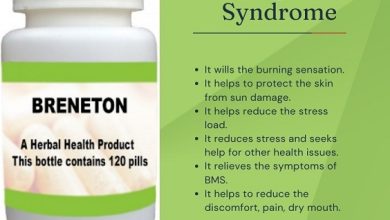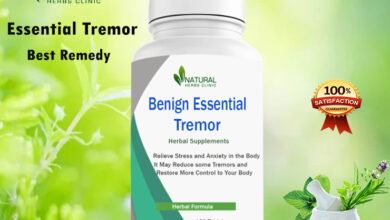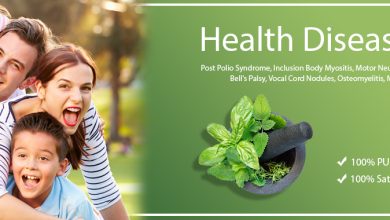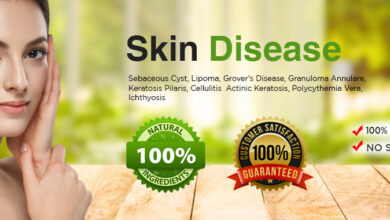Do You Need an Herbal Supplement for Health and Skin Diseases
Overview of Herbal Supplements
Herbal supplements have been used as home remedies since ancient times, but most people don’t realize that many of these are natural herbs. Like Stinging Nettle and Milk Thistle, are actually scientifically proven to provide significant benefits to those who take them regularly. Do you need an Herbal Supplement for Health and Skin Diseases? This guide will help you understand how herbal supplements can improve your health and skin diseases and which one may be best for you personally.
First off, know that herbal supplements are not FDA-approved, meaning you’re basically on your own if you decide to try one. That’s why it’s important to check with your doctor before starting any new supplement. In terms of safety, side effects can happen with any kind of supplement—even ones that aren’t herbal. Take Ginkgo Biloba, which is known to interact with a variety of medications including blood thinners (anticoagulants), antidepressants, and antihistamines (allergy meds). Ginkgo also interacts with herbs like St. John’s wort, kava kava, chamomile, or valerian root. Your physician may need to monitor your progress when taking these supplements in combination with other herbs.
Things to Consider Before Buying Herbal Supplements
The most important thing you can do is to talk to your herbalist before you start taking any Herbal Supplement for Health and Skin Diseases. Many people take supplements because they have heard that they might be helpful. But they don’t have all of their questions answered. Make sure you have discussed any questions or concerns with your physician first. If a specific supplement interests you, he or she may be able to steer you toward some basic research that has been done on it.
Using Essential Oils with Herbal Supplements
One of our favorite essential oils is tea tree oil, which has been a proven aid in fighting health and skin diseases like acne. While prescription medication may clear up your acne. It can also cause dryness, burning, itching, or inflammation of other areas of your body. Essential oils may be able to help you combat these side effects. For example, tea tree oil has long been used as a treatment for rosacea. To help eliminate redness while avoiding irritation mix 4 drops each of tea tree oil and lavender oil with 1 teaspoon carrier oil (like jojoba or sweet almond) to create a facial moisturizer that can soothe irritated skin caused by acne medications.
Overcoming Skin Problems with Herbal Supplements
Herbal supplements can be used to address skin conditions. In fact, many herbal supplements are touted as effective alternatives to commercially produced medicines. While there may be some truth to those claims, anyone looking for Herbal Supplements that effectively treat chronic skin problems should consult with a medical professional first. Additionally, herbs have multiple health benefits that may reduce your need for conventional medicine and/or improve your overall quality of life. Consult a medical professional about what herbs might work best for you.
Quality Matters
The fact is, with Herbal Supplement for Health and Skin Diseases, quality matters. A lot. This means they may not be safe or they may not contain what they say on their labels. So before you start taking any kind of supplement—herbal or otherwise—it’s worth checking out its quality controls first. And if it doesn’t make those controls clear to you on its website (and many don’t), consider looking elsewhere. The last thing you want is to wind up taking something you think will make you feel better but instead gives you food poisoning or makes things worse for your health overall!
Health Benefits of Herbal Supplements
As a society, we’re becoming more health-conscious than ever before. But maintaining good health can be difficult. Especially if you are experiencing any number of common skin or Herbal Supplement for Health Diseases, ranging from acne to diabetes. Here are just a few common health issues addressed by herbal supplements
Side Effects of Using Herbal Supplements
Many people take herbal supplements to help improve their health, but these supplements aren’t always safe. Which means they can cause adverse side effects in some people. For example, taking too much of a supplement can lead to seizures or difficulty breathing; in extreme cases, it could even be fatal. To make sure you know what you’re putting into your body. Check with your Herbalist before you start using any type of herbal supplement. If you experience any negative side effects. Stop taking it immediately—and let your doctor know right away so he or she can help you manage those symptoms.

